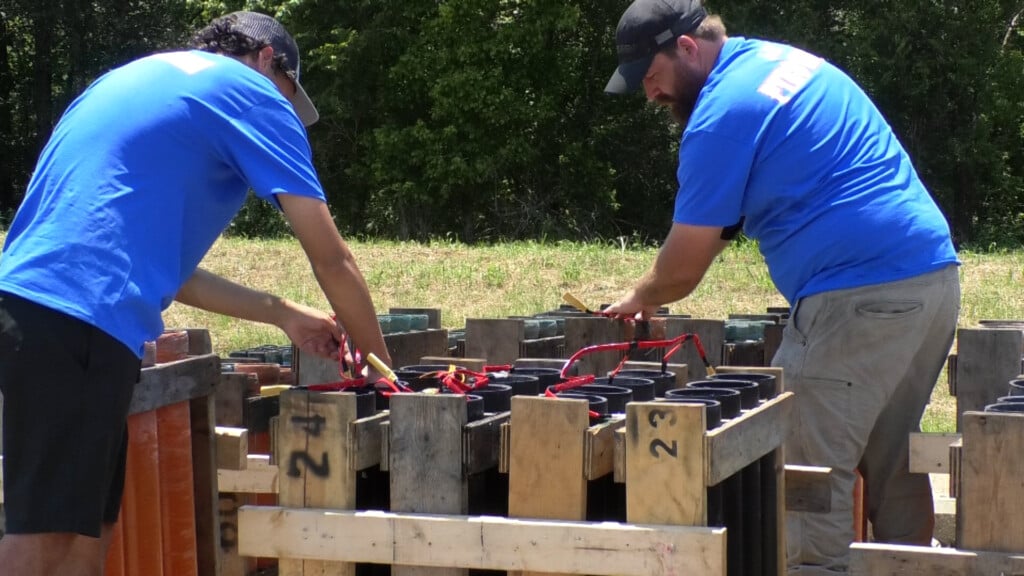Northeast Mississippi law enforcement officers undergo Crisis Intervention training to respond to mental health incidents
ABERDEEN, Miss. (WCBI) – From September to October, Lifecore Health Group partnered with local law enforcement to offer their first-ever Crisis Intervention Team training program in Northeast Mississippi.
“It’s about talking to someone. It’s about treating them as a human being, not looking at people only as suspects or criminals,” Monroe County Sheriff’s Deputy Marshal Eubanks.
Deputy Eubanks was one of the 14 officers to undergo the training, along with members of the Lee County Sheriff’s Department and Tupelo Police.
“Not everyone who has some kind of crisis on any given occasion needs jail,” he explained. “Some of them need medical help, some of them need psychological counseling.”
The course is meant to help equip officers to better respond to calls involving people with mental health concerns.
“Because of having to wear a gun, a holster, just the demeanor of a police officer can be intimidating,” says Mary Stacy, LifeCore’s crisis intervention therapist.
The training revolved around de-escalation tactics like having officers ask how they can help while using non-threatening body language.
“When we approach a person, the last thing we want to do is touch our tools which are weapons, no question,” Deputy Eubanks says. “[Instead] approach someone with open palms, hands out, at a safe distance.”
As well as how to look for visual cues as to the kind of mental health concerns a person may be dealing with.
“What is schizophrenia? What is bipolar disorder? What can that look like,” Stacy says.
Officers responding to those calls in the field can also work in tandem with Life Core’s 24-7 crisis hotline (1-866-255-9986).
“Someone on the end of the phone to say, ‘What’s this person going through? What’s their condition right now? Yes, bring them on in,'” Deputy Eubanks says.
Just one week after finishing the CIT course, Deputy Eubanks’ training was put to the test in a life-or-death situation.
“We had a call where a man was threatening suicide,” the deputy says. “He’d been a repeat caller for many occasions this year.”
By coordinating with 911 dispatchers and Lifecore, Monroe County sheriff’s deputies determined that the man didn’t have the medication he needed.
“And that person was able to talk to some counselors to get some treatment,” Deputy Eubanks says.
He says CIT training can help officers serve their communities in a deeper, more lasting way.
“Not every call that we go on is life-threatening, but every call can be life-altering,” Deputy Eubanks says.
The sheriff’s department wants to have at least three more deputies undergo CIT training so that they can have one available for every shift. Stacy says Lifecore hopes to hold three more training sessions in the near future.




